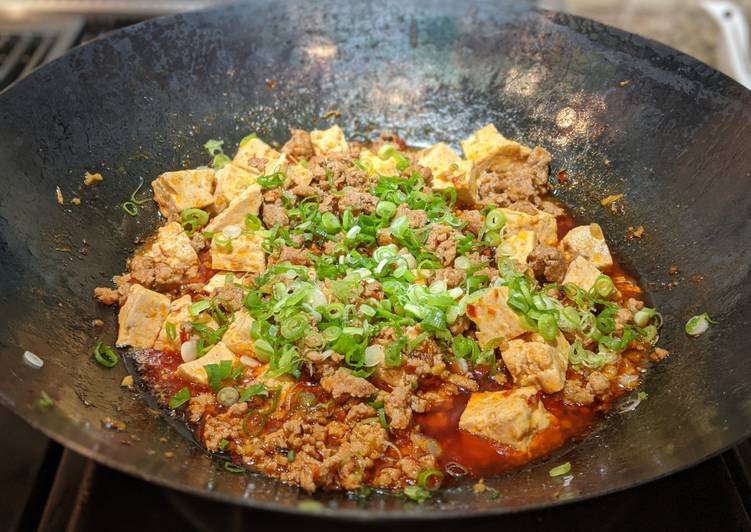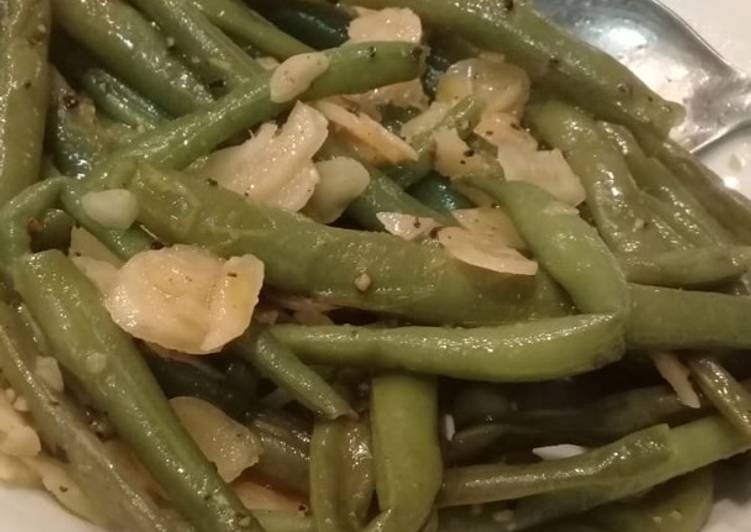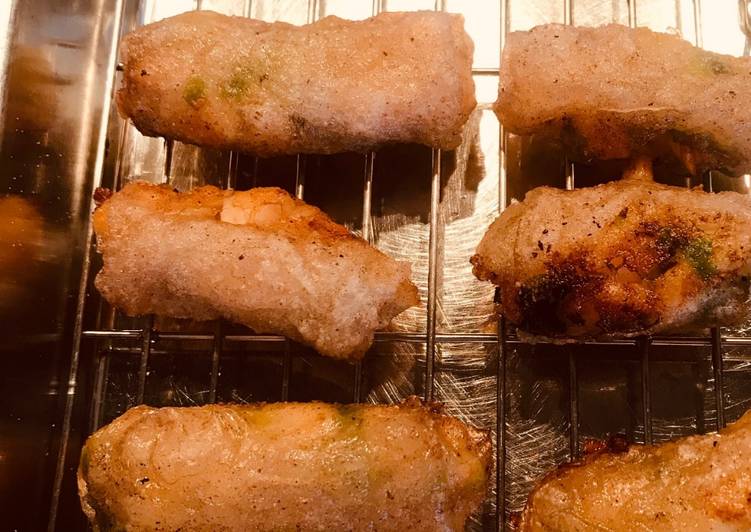
Hello everybody, it is me, Dave, welcome to my recipe page. Today, I will show you a way to prepare a special dish, mapo tofu. It is one of my favorites. This time, I’m gonna make it a bit tasty. This will be really delicious.
Mapo Tofu is one of the most favored of recent trending foods in the world. It’s simple, it’s quick, it tastes yummy. It’s appreciated by millions every day. Mapo Tofu is something that I’ve loved my whole life. They’re fine and they look wonderful.
Mapo tofu is one of the top ten famous Chinese dishes and enjoys a high popularity among not only Chinese people but also many western countries. Personally I like to cook this dish at home from time to time especially in cool seasons such as winter and fall. Mapo Tofu can be found in almost any Chinese restaurant around the world with hundreds of variations adapting the piquant original to suit local tastes.
To begin with this recipe, we have to first prepare a few ingredients. You can cook mapo tofu using 12 ingredients and 6 steps. Here is how you cook it.
The ingredients needed to make Mapo Tofu:
- Make ready 1 lb softer tofu (homemade preferable)
- Take 1 lb ground pork
- Take 2 c sodium-free stock of choice or water
- Take 3 tbsp minced garlic
- Prepare 3 tbsp minced ginger
- Make ready 3 tbsp doubanjiang (use less if you're not a fan of spice)
- Get 2 tbsp sichuan pepper
- Get 1 tsp sichuan pepper powdered
- Make ready 5 tbsp oil
- Make ready 5 dried chilis
- Make ready 2 scallions chopped for garnish
- Get 1 tsp msg and/or sugar to taste
Mapo tofu (Chinese: 麻婆豆腐; pinyin: mápó dòufu) is a popular Chinese dish from Sichuan province. It consists of tofu set in a spicy sauce, typically a thin, oily, and bright red suspension, based on douban (fermented broad bean and chili paste) and douchi (fermented black beans), along with minced meat, traditionally beef. Variations exist with other ingredients such as water. There is nothing wrong with this recipe, but be forewarned: It is NOT a recipe for Ma Po Tofu.
Instructions to make Mapo Tofu:
- Use the softest tofu you are comfortable cooking with. Our homemade tofu would probably be categorized as soft or medium-firm based on the brand. Prep all of your ingredients and cut the tofu into 1 inch cubes. Be sure to give the doubanjiang a pass through with your knife to chop up any whole beans that may be in the paste.
- Heat the oil in a wok and toss in the sichuan peppers and dried chilis. Cook until the peppers have turned brown and the oil is fragrant, less than 5 minutes on medium heat. You can leave the peppers in the dish, but we usually scoop them out and leave behind the oil for a less gritty texture.
- Cook the pork in the oil, making sure to break apart the ground until it's a finer mince, but we usually leave slightly larger chunks since we prefer it that way. Brown the pork until you're satisfied, then toss in the ginger, garlic, and doubanjiang. Stir fry until the aromatics have softened.
- Add in your stock (or water) and tofu. Allow to simmer until the water has reduced and tofu has softened.
- Once the stock has reduced partially, check for taste and season with salt or sugar/MSG accordingly. If there is too much liquid released from the tofu, add slurry of 1 tsp of cornstarch and a tbsp of water to thicken.
- Garnish with scallions. Serve with rice, steamed vegetables, and/or any pickled sides.
First of all, Ma Po Tofu's main flavor is the Sichuan peppercorn. Poach tofu: Slide tofu into a saucepan of simmering water and keep at a bare simmer while stir-frying rest of dish. Stir-fry pork: Heat a wok or large heavy skillet over high heat until hot and. Mapo Tofu is a classic Szechuan dish that features tofu covered in spices and minced meat. It pairs extremely well with rice, and may even be necessary with how spicy it can get.
So that is going to wrap it up with this exceptional food mapo tofu recipe. Thanks so much for your time. I am sure you can make this at home. There’s gonna be more interesting food in home recipes coming up. Remember to bookmark this page on your browser, and share it to your loved ones, friends and colleague. Thanks again for reading. Go on get cooking!


